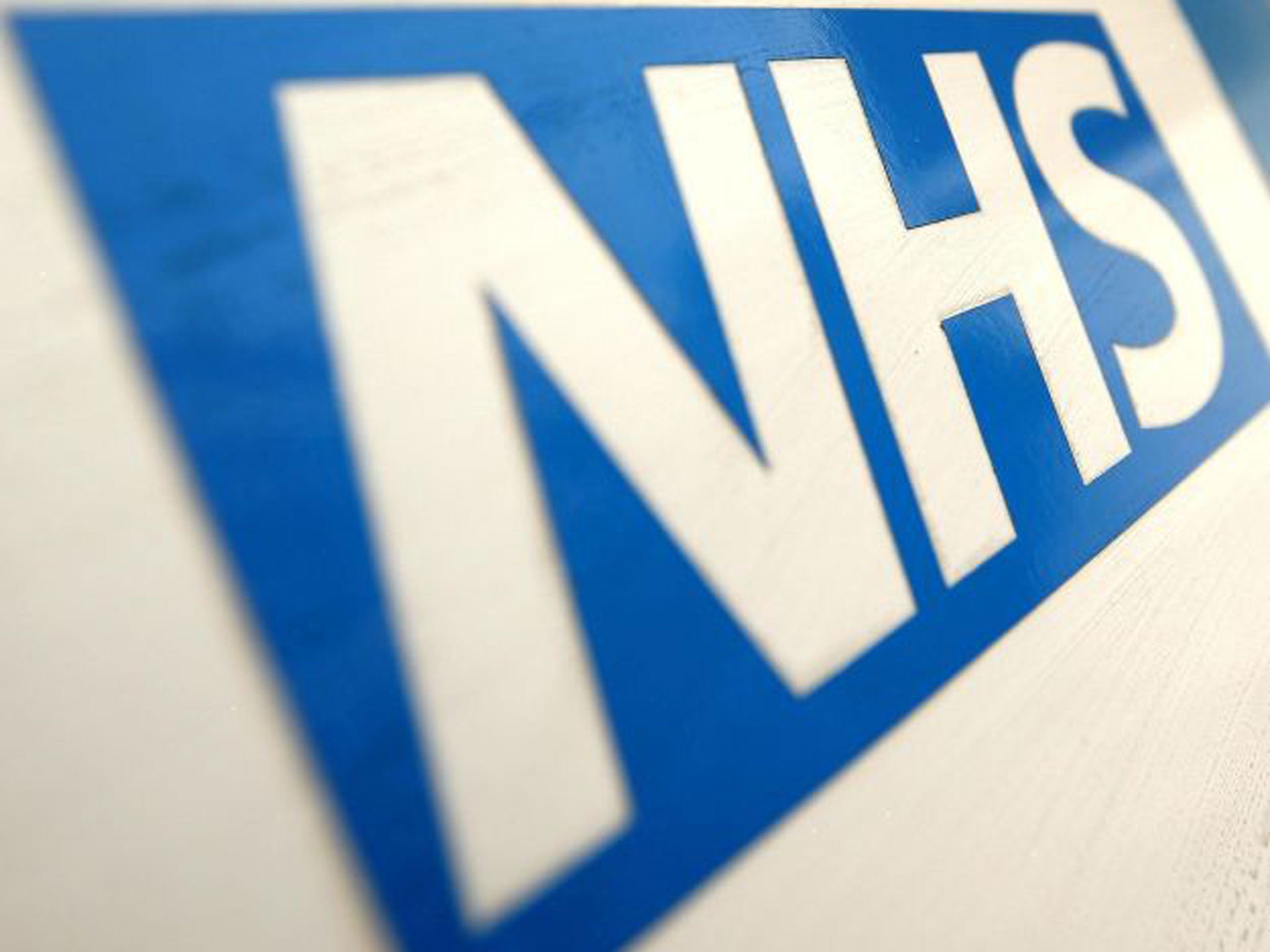NHS baby deaths scandal: CQC officials 'threatened to sue to stop names being linked to alleged cover-up'

Your support helps us to tell the story
From reproductive rights to climate change to Big Tech, The Independent is on the ground when the story is developing. Whether it's investigating the financials of Elon Musk's pro-Trump PAC or producing our latest documentary, 'The A Word', which shines a light on the American women fighting for reproductive rights, we know how important it is to parse out the facts from the messaging.
At such a critical moment in US history, we need reporters on the ground. Your donation allows us to keep sending journalists to speak to both sides of the story.
The Independent is trusted by Americans across the entire political spectrum. And unlike many other quality news outlets, we choose not to lock Americans out of our reporting and analysis with paywalls. We believe quality journalism should be available to everyone, paid for by those who can afford it.
Your support makes all the difference.Under-fire officials threatened to sue the Care Quality Commission in an eleventh-hour bid to stop their names being linked to an alleged cover-up, it emerged today.
An independent report that alleged a cover-up over regulation of a hospital where as many as 16 babies may have died due to substandard care, was published last week with the names of the officials involved redacted.
David Prior, the current chairman of the CQC, has now said that at least two of the four officials most closely connected with the alleged cover-up threatened to sue the NHS regulator if their names were published.
The names were only revealed following intense pressure from the health secretary Jeremy Hunt and an intervention from the Information Commissioner.
Four current and former CQC officials - including ex-chief executive Cynthia Bower and her deputy Jill Finney - were identifed in the independent report, produced by consultants Grant Thornton, as attending a meeting where an order was allegedly given to delete a damning internal report.
The cover-up allegations relate to the investigation of care failings at the Furness General Hospital, part of the Morecambe Bay NHS Trust.
Mr Prior did not say which of the four officials had threatened to sue.
CQC leaders said at the time that the decision not to publish names had been taken on the basis of legal advice that to do so would have been in breach of the Data Protection Act.
But speaking to the Health Service Journal (HSJ), Mr Prior admitted that that legal advice was given in the context of threats to sue from two of the officials who had been at the alleged "cover-up meeting".
He admitted to the HSJ: "We should have published and been damned."
Explaining the evenutal decision to publish the names he said: "Partly because of the Information Commissioner and partly because the level of public interest was so great we felt we ought to put the names out and take the legal risk we were running under the Data Protection Act," he said.
Yesterday, Cynthia Bower, who resigned from the CQC in February last year, told The Independent that she was "taking legal advice" on how to respond to the allegations against her, which she denies. Ms Finney, and the third official, CQC media manager Anna Jefferson, also deny being involved in any cover-up.
John Woodcock, Labour MP for Barrow and Furness, who has supported families of patients who died at the Furness General Hospital, said that the new leadership at the CQC - Mr Prior, as well as chief executive David Behan - needed to work harder to "flush out" a culture of secrecy at the regulator.
"They didn't get off to a good start by withholding the names and it was alarming that this damning internal review was not exposed even in the first round of interviews that Grant Thornton carried out at the CQC last year - which was under the new leadership," he told The Independent.
"It's important that the new leadership satisfies itself that there weren't people in the organisation who knew about the existence of the document but chose to keep it quiet. Because that's the kind of culture we need to flush out of all areas of the health service."
Yesterday, Sir David Nicholson, the outgoing head of NHS England, admitted to MPs that there was a culture of denial over complaints and concerns in the NHS.
Giving evidence to the public administration committee, he sad: "I do think there is a real issue about defensiveness and a lack of transparency in the way that we work."
Join our commenting forum
Join thought-provoking conversations, follow other Independent readers and see their replies
Comments